School's Out: 8 Ways to Keep Your School Kids Safe From COVID-19
During the COVID-19 pandemic, we've learned that children and teens going to school in person is how they learn best. Many students are also learning the vital information they need to thrive at school. As the new school year started this fall, a lot of students are still not yet eligible to be vaccinated. This leaves them at risk as SARS-CoV-2. As parents, be sure to reinforce the everyday COVID-19 precautions they will need to keep in mind, as well as what makes these precautions so effective, other than clipping a mini-bottle of hand sanitizer to every backpack. Here are the tips on how you can protect your kids and keep them safe and healthy as they go for in-person classes.
Take temperatures prior to going to school
Schools will surely take the temperature at the door, but it's best to make sure your child doesn't have a fever before entering the campus. A pediatrician suggests making it a ritual to take your student's temperature before school. For added reassurance, it's great to invest in an oxygen saturation monitor, which measures oxygen in the blood. One of the early signs of a COVID infection is a drop in your oxygen saturation, even before you become symptomatic.
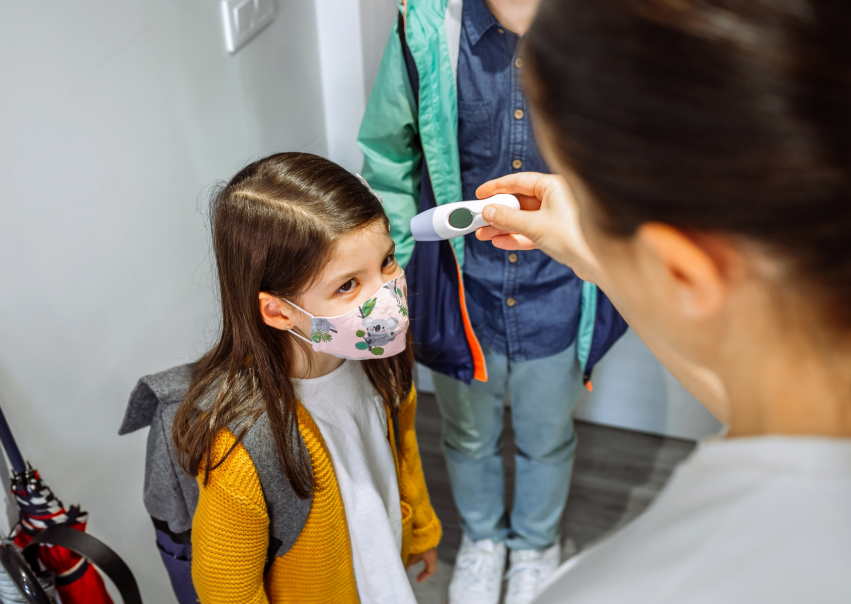
Invest in the perfect mask
When face masks fit well and are worn correctly and consistently, they are effective and safe to wear for long periods of time such as during the school day. Wearing a mask aids contain any potentially infectious respiratory droplets that may be released while breathing, talking, or coughing especially when social distancing is more challenging and even if the person doesn't yet know they're sick. All over age 2 years need to wear face masks that cover the nose and mouth. This is a simple, proven tool to protect students unable to get the vaccine yet or who have chosen not to get it.
Invest in a washable cloth face mask that expresses your child's personality, after all, they'll be wearing it for a long time. Also having a unique cloth face mask prevents an unfortunate mix-up with other students' disposable masks.
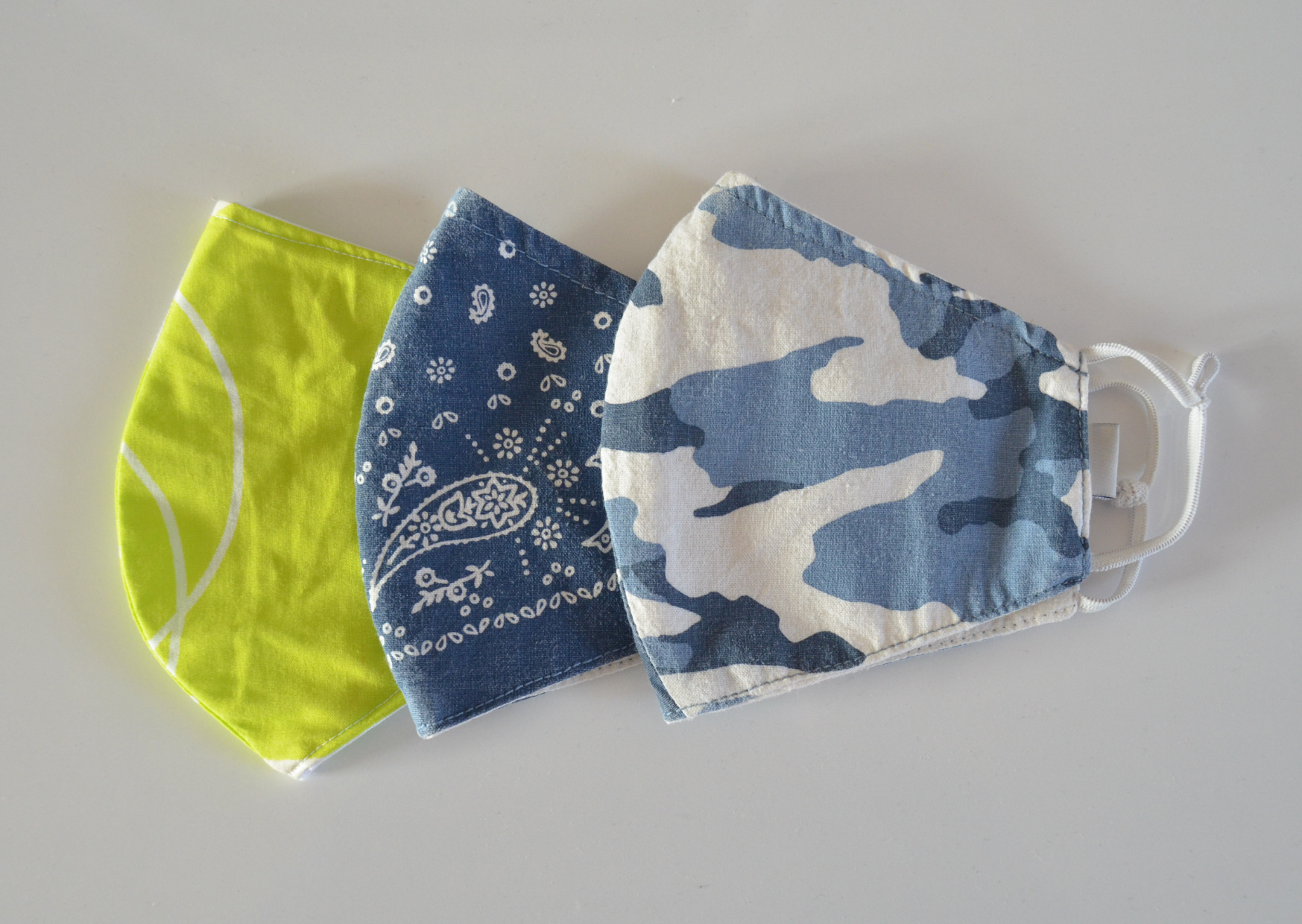.png?w=851)
Use Brown Bag in Packing Their lunch.
Many students receive healthy meals through school meal programs. More students might be eligible for free or reduced meals than before. Although some schools may provide contact-free cafeteria food, it's always safe to bring food from home. Replace their reusable lunch boxes with a disposable brown bag. As of now, it's more sanitary to put your kid's food in a brown bag and throw them away after they eat.
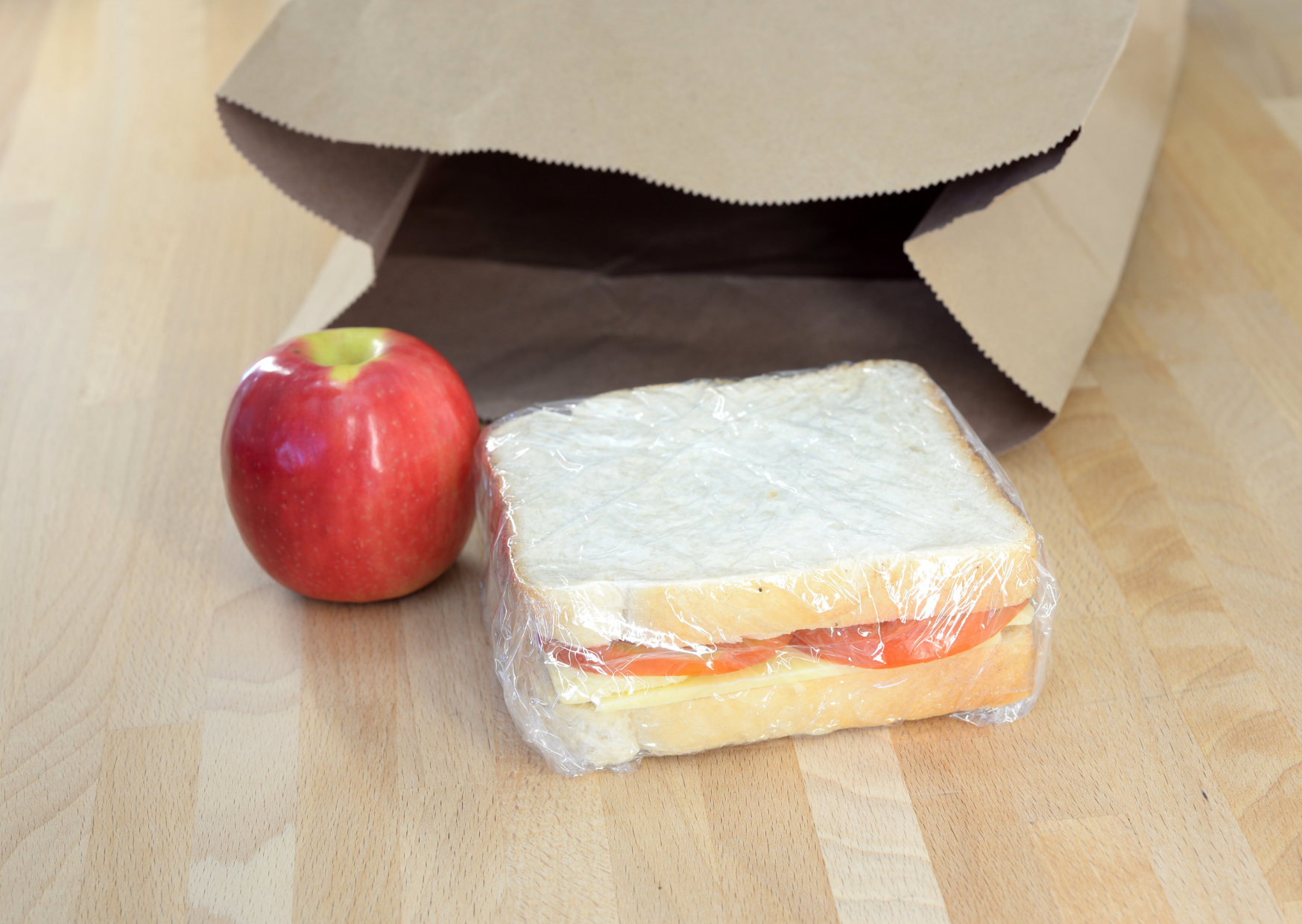.png?w=851)
Practice hand-washing at every transition of the day
It may seem easy but educating your kids more and instilling in their minds the importance of handwashing whenever they leave home, arrive at school, enter the classroom, or go into the lunchroom will keep them safe and clean. Washing their hands can help limit the risk of getting sick by touching a contaminated surface and then spreading the virus to their eyes, nose, or mouth if they touch their face. Teach them to make this a habit just like instinctively putting on a seat belt when they get into a car.
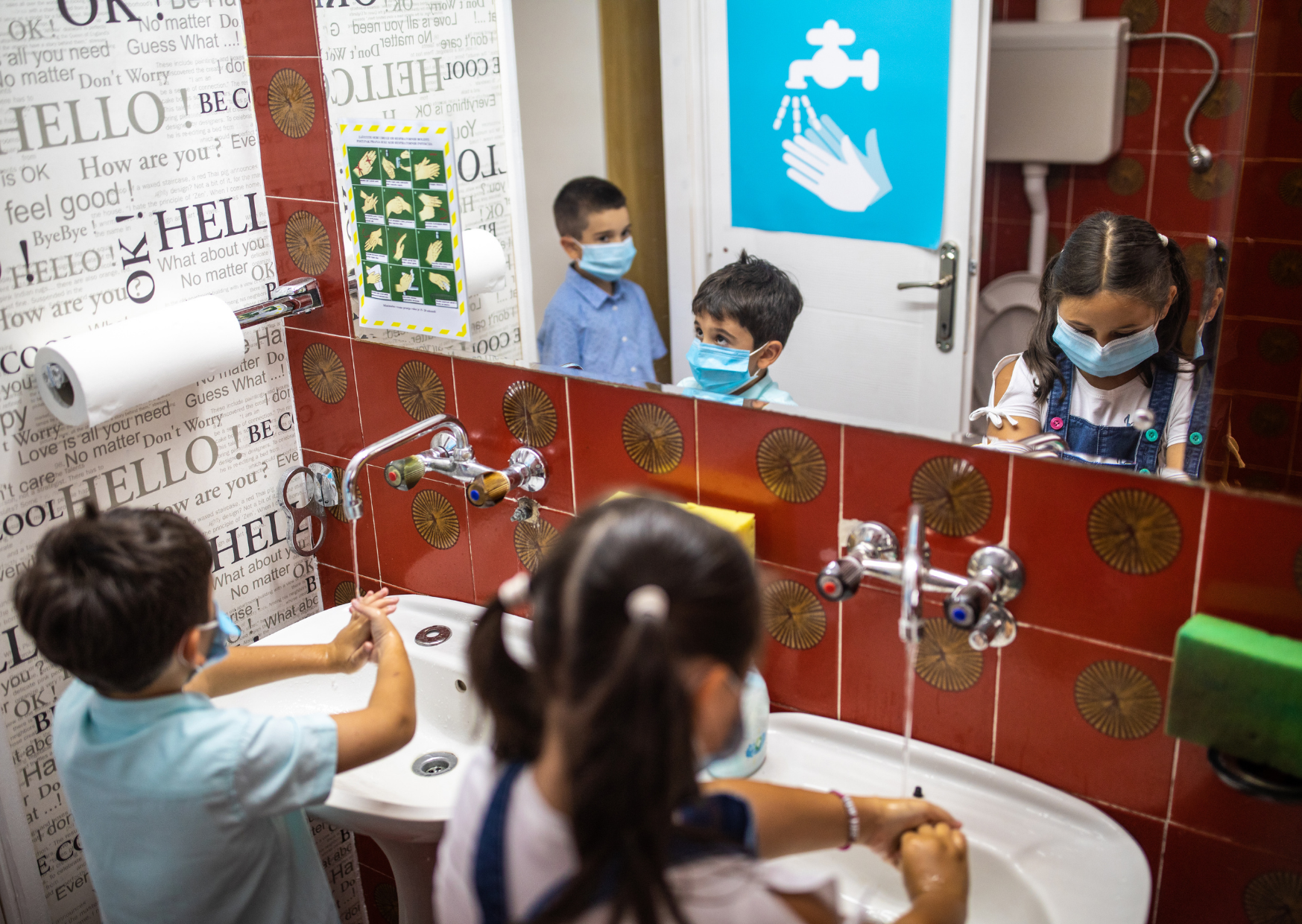.png?w=851)
Remind Them The Importance of Social Distancing
Even if your child is vaccinated, COVID-19 will most likely spread from person to person primarily between people who come into close contact with one another. Even though COVID-19 vaccines provide strong protection from severe illness, we are still yet to learn how effective these vaccines are at reducing transmission and against each of the COVID-19 variants currently circulating. Also, remember that an infected individual can be asymptomatic but still contagious. So it's very important to keep their distance and avoid crowded areas in school.
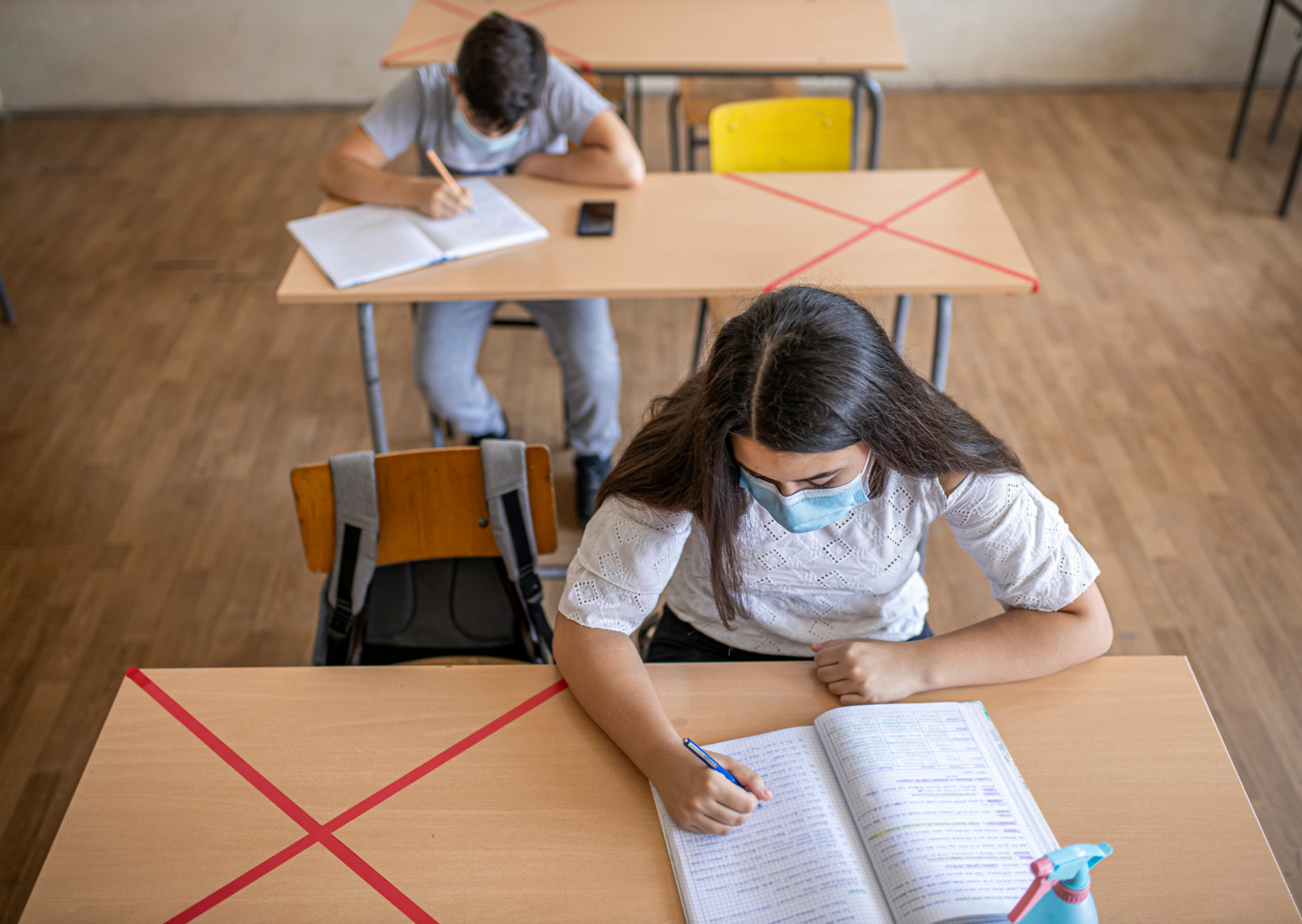.png?w=851)
Instruct Your Children to shower upon arriving at home
Consider having your children switch their normal shower or bath time by bathing and changing their clothes right when they return from school.
Generally, kids are less symptomatic, but that also means they can be super-spreaders. Meaning, they can come back home as carriers of COVID-19 and not even know it, and no one around them knows it.
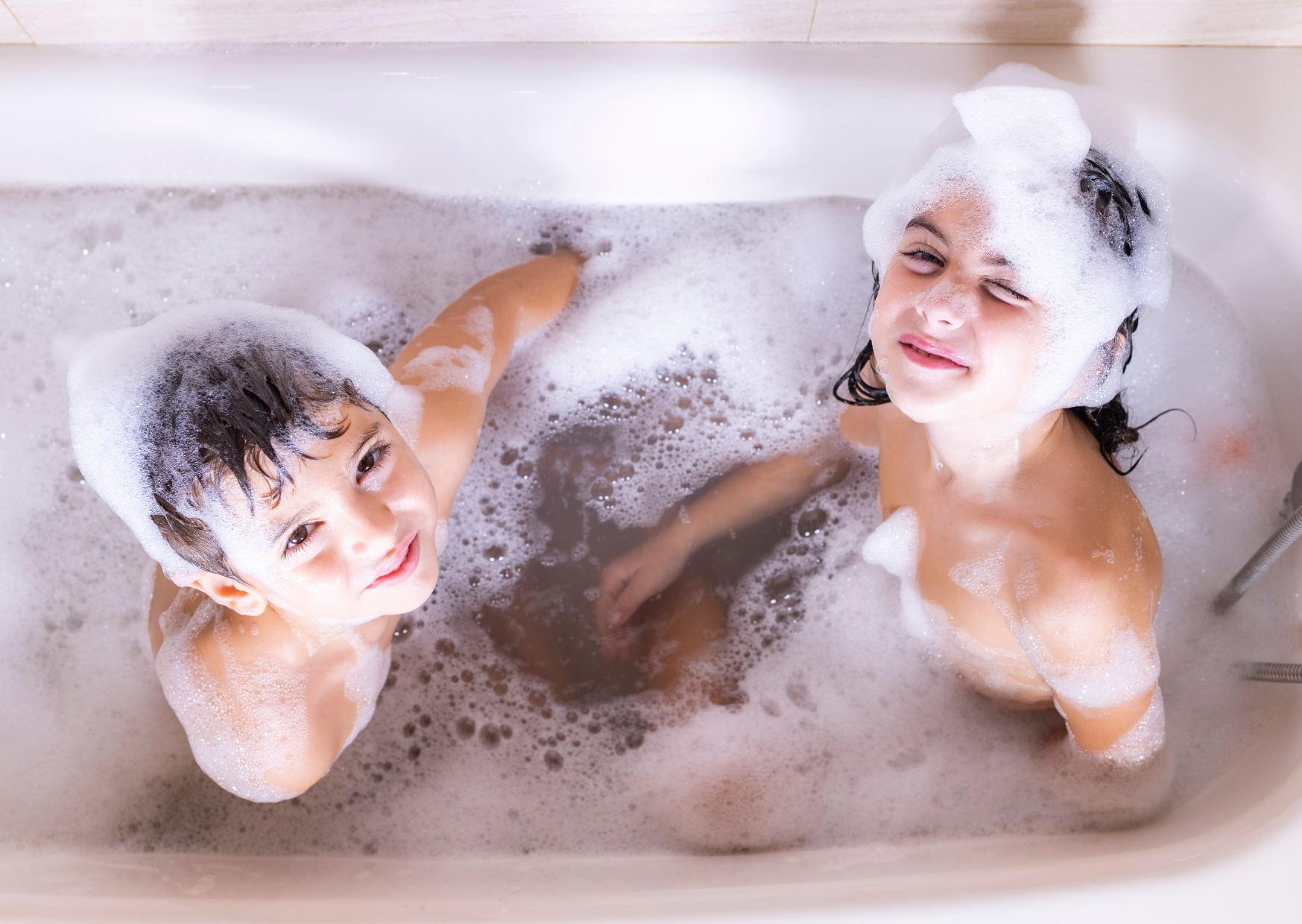.png?w=851)
Preach the importance of the common good
Teach your children that wearing masks are important for protecting other people more than themselves. The great thing about younger kids is that they are inherently empathetic and altruistic. For older kids, emphasize the importance of protecting the vulnerable ones, even if this means skipping the mass gatherings. Teach them to be responsible for the community's health.
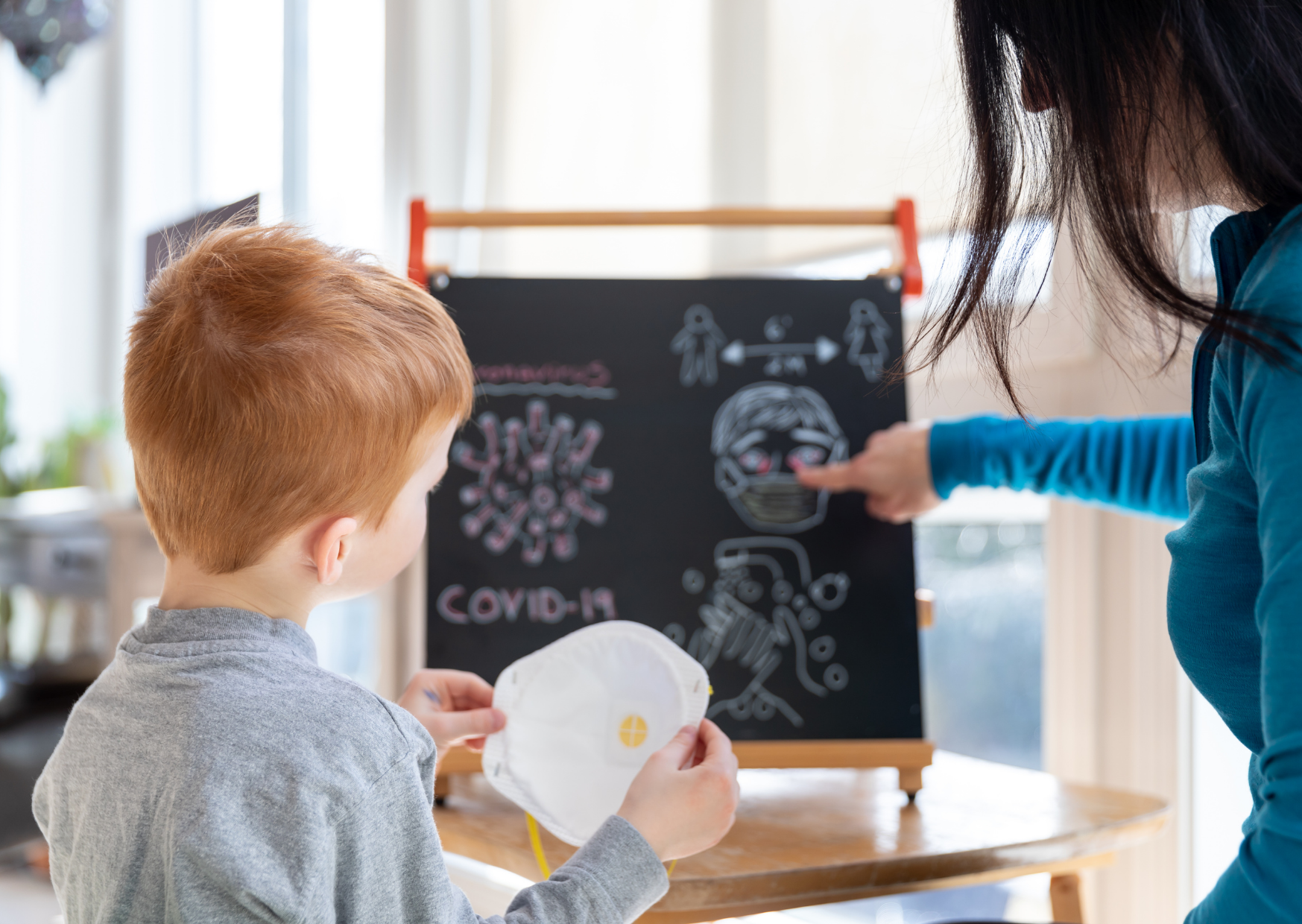.png?w=851)
Stay safe and stay kind
With all the uncertainty and anxiety that comes with the dangers of COVID-19, it's very essential to avoid degrading those who have contracted the virus. Remember, this is a tough time for everyone, and it's always best to be kind. People tend to be more evasive than connecting during this time. In other words, We have to be very conscious and careful of the fact that it's a social problem.
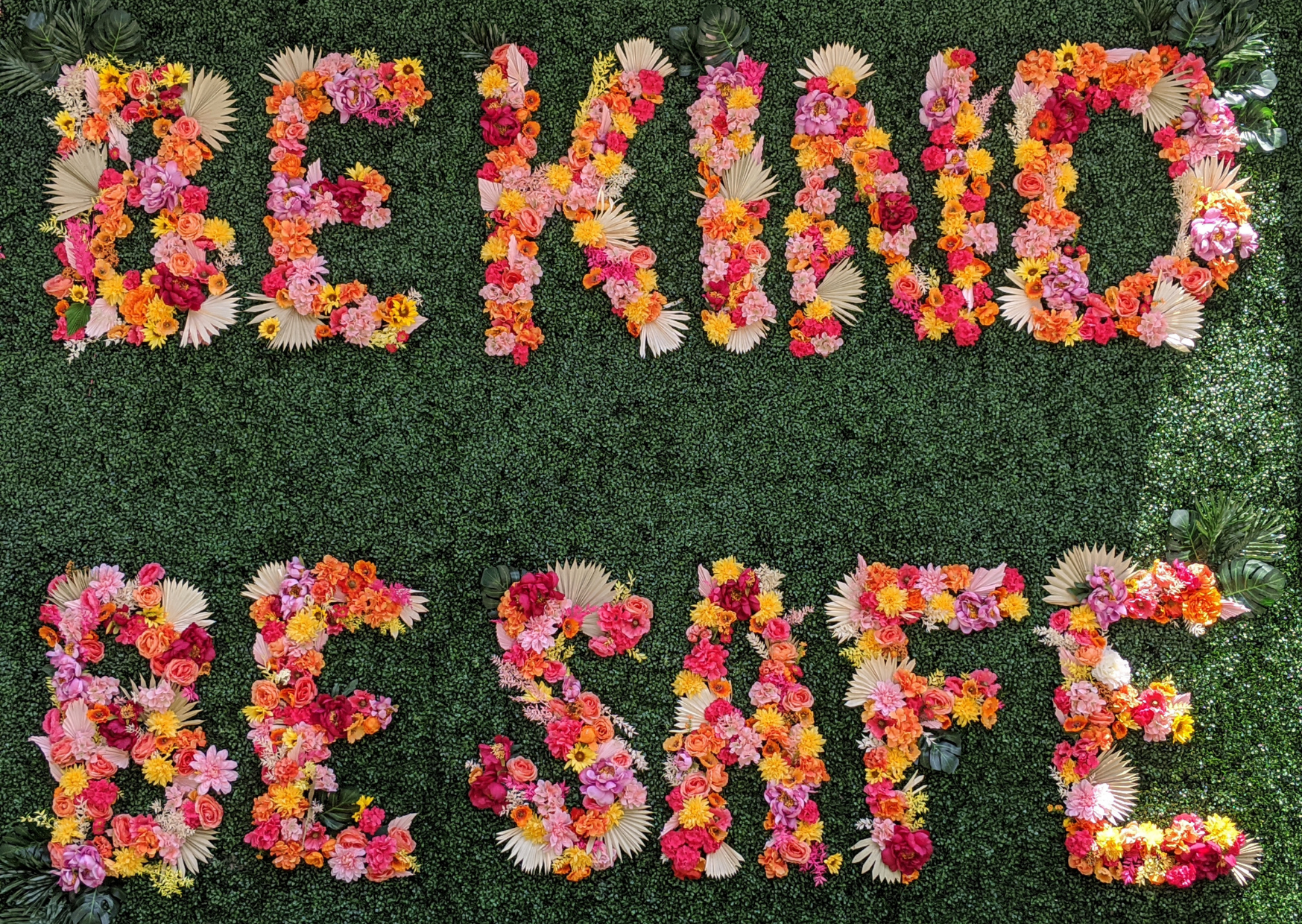.png?w=851)




